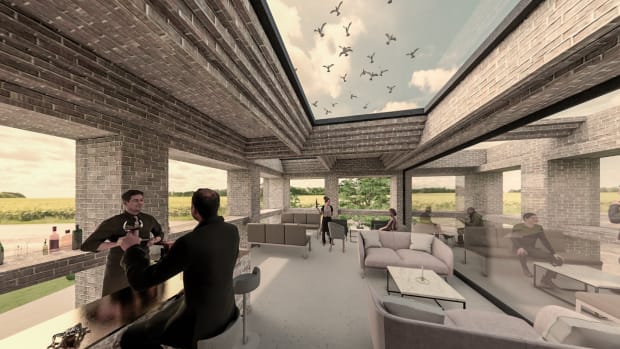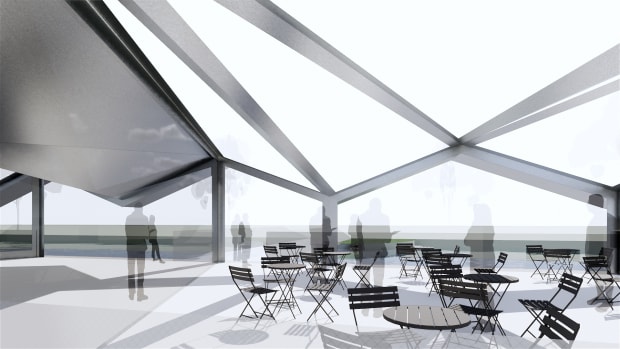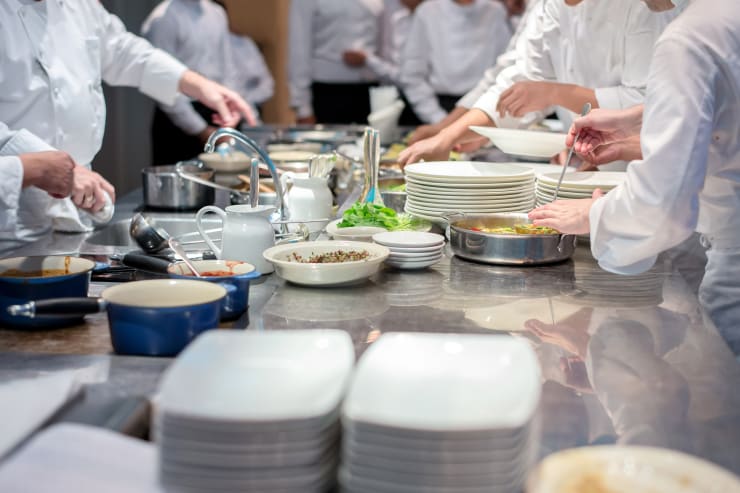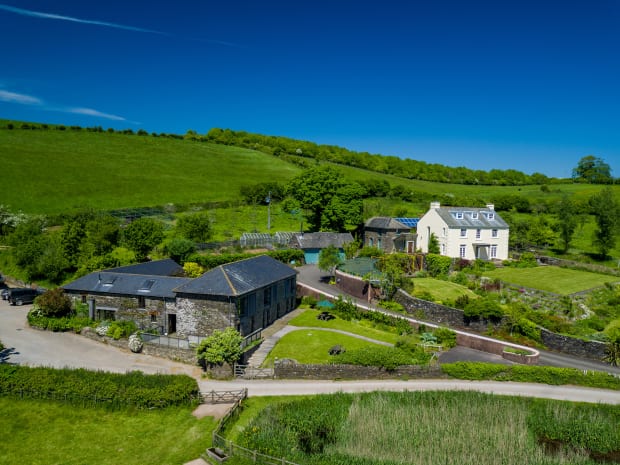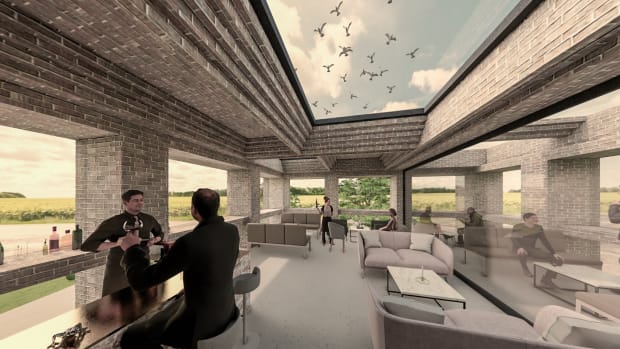-
-
Research commissioned by ITP highlights that the hotel industry must reduce its carbon emissions by 66% by 2030 and 90% by 2050 to stay within the 2˚C threshold agreed at COP21.
As of 2019, there are over 700,000 hotels and resorts worldwide, made up of 4 million hotel rooms. 10% of the total global workforce is employed by the tourism industry. (Deloitte, 2019). Prior to the COVID-19 pandemic around 173 million people were employed in the hotel industry (Condor Ferries, 2020). Hospitality also has the great responsibility to ensure that its employees and their human rights are being respected.As this sector recovers from the pandemic, it is more important than ever that the re-growth is stronger and more sustainable; with more robust supply chains, protection to those left vulnerable from exploitation, and environmentally sound so that the sector does not exploit the finite resources of the planet.One of our earliest and longest running projects, is also the most sustainability driven ones… -
-
-

